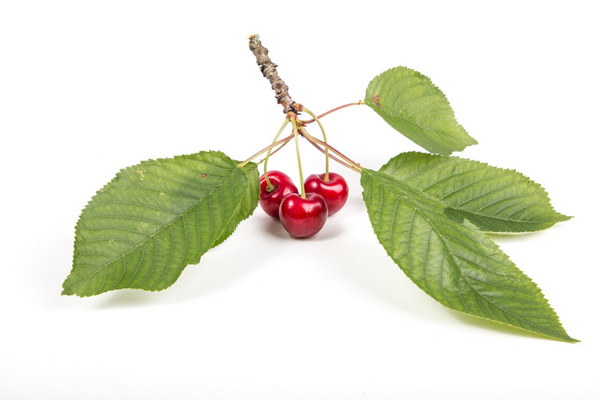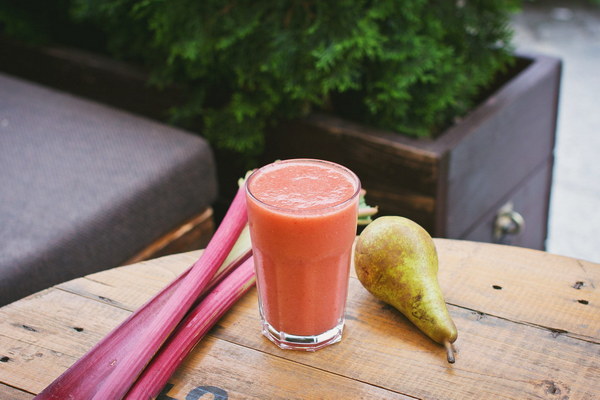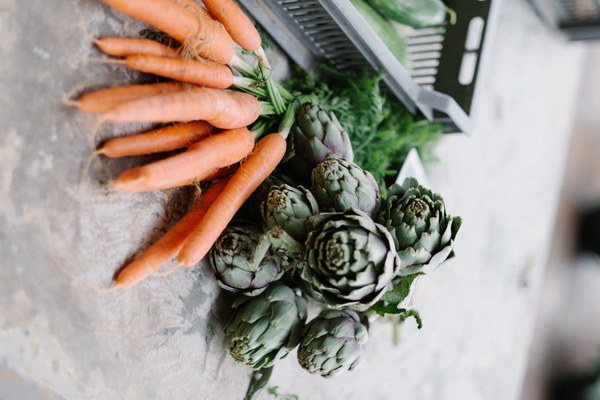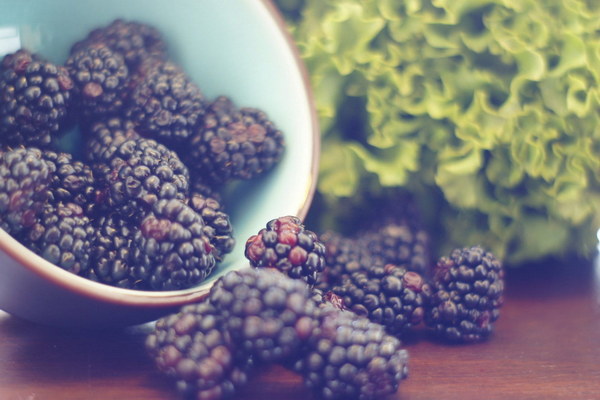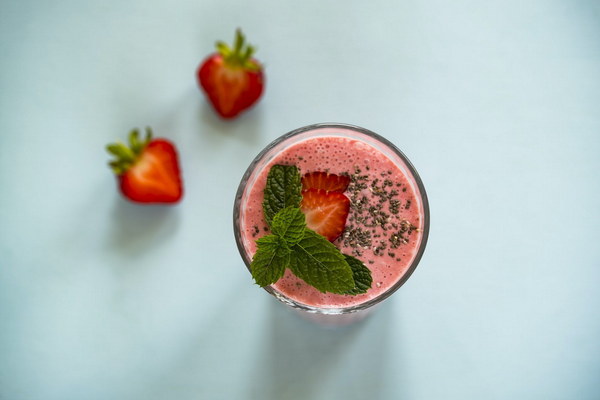Can Flavonoids Help Remove Dampness Exploring the Traditional Chinese Medicine Perspective
In traditional Chinese medicine (TCM), dampness is considered a common and significant pathogen that can lead to various health issues. Many people seek natural remedies to alleviate dampness, and one such remedy gaining attention is the use of flavonoids. But can flavonoids really help remove dampness? Let's explore the topic in this article.
Firstly, it is essential to understand what dampness is in TCM. Dampness is a condition where excess moisture accumulates in the body, leading to various symptoms such as fatigue, bloating, weight gain, and discomfort in the joints. It is believed that dampness can be caused by factors like excessive consumption of cold and damp foods, living in a humid environment, or even emotional stress.
Flavonoids are a class of natural compounds found in plants, especially in fruits, vegetables, and herbs. They are known for their antioxidant and anti-inflammatory properties. In TCM, certain herbs rich in flavonoids are believed to have dampness-lowering effects.
One such herb is Chinese Skullcap (Scutellaria baicalensis), which contains a high concentration of flavonoids. Chinese Skullcap is traditionally used to treat damp-heat conditions, where dampness is combined with heat in the body. The flavonoids in this herb are thought to help eliminate dampness and reduce inflammation.
Another herb rich in flavonoids is Forsythia (Forsythia suspense), which is often used to treat damp-heat conditions as well. Forsythia contains a flavonoid called forsythoside, which is believed to have dampness-lowering properties.
So, how do flavonoids help remove dampness? There are a few theories:
1. Antioxidant properties: Flavonoids have strong antioxidant properties, which can help combat the free radicals that may contribute to dampness. By reducing oxidative stress, flavonoids can help improve overall health and reduce dampness.
2. Anti-inflammatory properties: Inflammation is often associated with dampness in TCM. Flavonoids have been found to have anti-inflammatory effects, which can help alleviate the symptoms of dampness.
3. Diuretic effects: Some studies suggest that flavonoids may have diuretic effects, which means they can help increase urine production and remove excess moisture from the body. This can be beneficial for individuals with dampness-related issues.
While the use of flavonoids to remove dampness is rooted in TCM, it is essential to approach the topic with caution. Here are a few considerations:
1. Consult a healthcare professional: It is always recommended to consult a healthcare professional, such as a TCM practitioner or a doctor, before starting any new treatment, including the use of flavonoids.
2. Lifestyle changes: Alongside the use of flavonoids, it is important to make lifestyle changes that can help reduce dampness. This includes avoiding cold and damp foods, staying active, and managing stress levels.
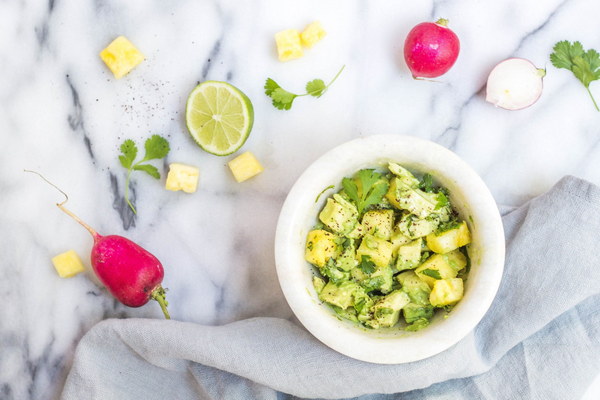
3. Diverse sources of flavonoids: Flavonoids are naturally found in various foods, such as berries, green tea, and onions. Incorporating these into your diet can provide a natural source of flavonoids and potentially help reduce dampness.
In conclusion, while the use of flavonoids to remove dampness in TCM is a topic of interest, more research is needed to fully understand their effects. If you are considering using flavonoids as a treatment for dampness, it is crucial to consult a healthcare professional and make lifestyle changes to support your overall health.
